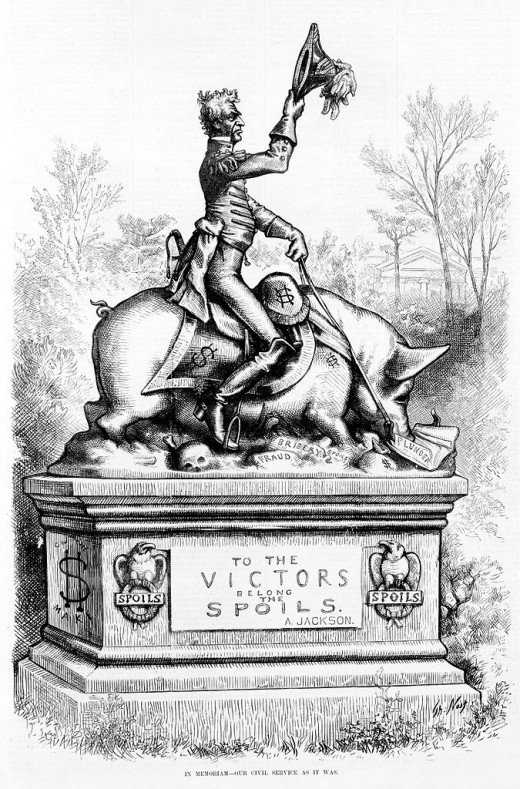The Blessing
To The Victor Go The Spoils

They celebrated the victory as warriors of old, but in a new civilized manner -
A pact - the blessing that issued forth would be supported by all,
They would not know who won the race.
All were to become men of power, each in their own way.
They conspired to bring power to their home land;
Their blessing was their weapon.
By lot, a husband was chosen.
Not knowing how it had happened, she had no shame, only love
Until the husband was forced away, victim of bias,
And the unjust law of the foreign and hated land.
No sympathy from those who passed judgment,
They were Concerned only with upholding their own law.
They held no concern for the blessed.
She sought help with the blessing from others.
‘We will help keep you safe’ they said, ‘and help with your child’.
They did not know of the pact.
She married anew and moved to another Camelot,
And nurtured the blessing to the world, for the blessing was hers to raise.
She did not know of the pact.
All views are not the same; two powers protected the blessing.
The killings began, a third power enacted punishment for the wrongs of the others.
Many fell, men of power; but through it all, the blessing was protected.
The pact remained. The blessing grew.
The child grew, he dreamed, he pondered the world,
And he came to understand. Innocence lost -
He knew his second father was not his first, and so he searched.
The home of his first father could not be reached.
Not by ship, not by plane, not by train,
And not by dialing a number from the phonebook.
When found, his first father was not his true father.
His true father assassinated, would never be found.
Rumors came from those who knew the old lessons.
But he was the blessing, and did not know of the pact.
He came to know that his face was not the face of his father.
And that his truth was not the truth at all.
He sought answers from the wrong powers.
In the fine tradition of those protected,
He was a pawn to be pushed to the other side of the board.
He became a power of his own.
Saints rise from such upbringings, or sometimes demons,
It all depends on your point of view,
But still, He is called blessed.
But, the pact was not his pact.
Now that he knows, will the blessing complete the pact?
Or will he be his own man?
Prima Noctes
In the movie Braveheart, The King had revived an old custom objectionable to the newly married. Prima noctes (first night) was the custom that the noble had first rights to any newly married girl on the night of her wedding. The practice was sometimes referred to by the nobles as ‘blessing’ the marriage.
When he saw this occur to the wife of another newly married man, William Wallace was motivated to elope rather than have an open and planned wedding ceremony with his beloved. Sometime afterward, they were seen engaged in a public display of affection. The controlling rulers in the area acted on their belief that they were entitled to assert similar affections. She objected and was killed as consequence.
This was the beginning to the movie "Braveheart".
Scene From BraveHeart
Many historians regard the practice of Prima Noctes as historical fiction.
Hospitality
In ancient times, it was a custom that well-to-do travelers be treated as if they were part of the household. This sometimes meant sharing a wife or a daughter with a visitor. On occasion, this resulted in children. Months after the visitation, the new child was sometimes referred to as a blessing to the household.
Many historians regard this aspect of hospitality as historical fiction.
The Question
Many people believe that historical figures do not come into power all on their own. They believe that men of power either inherit that power, or win that power through war, or are forged from birth. What does a man do when he finds out he was forged for a purpose? What does he do when everything he was taught as a child was a mask put in place to ensure that he would mature to the power needed to do what was intended for him? And, what if he was also forged to believe that purpose was wrong?
What would he do?
The Principle
I hold as a basic principle that children should not be held accountable for the actions of their father, whatever those actions may be.



